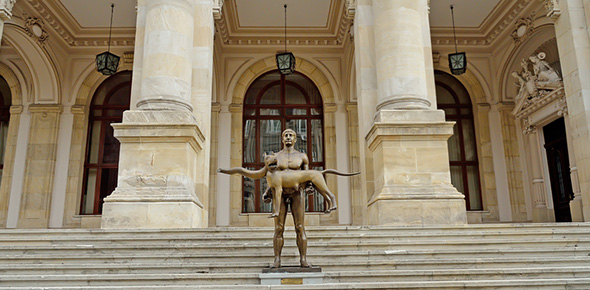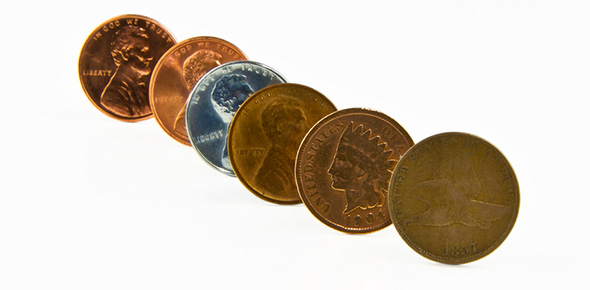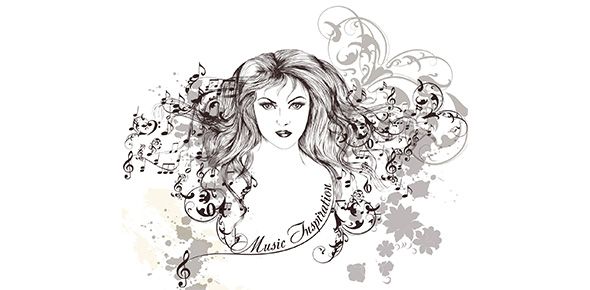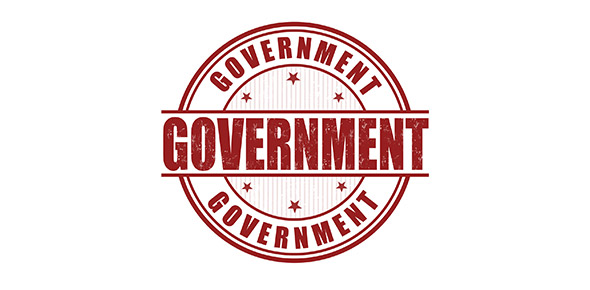Related Flashcards
Related Topics
Cards In This Set
| Front | Back |
|
The Enlightenment
|
The Enlightenment was an intellectual movement in Europe during the 18th century that led to a whole new world.
|
|
Immanuel Kant
|
According to Immanuel Kant, the "motto" of the Enlightenment was "Sapere aude! Have courage to use your own intelligence!"
|
|
The Scientific Revolution
|
The Enlightenment grew largely out of the new methods and discoveries achieved in the Scientific Revolution.
|
|
Francis Bacon
|
-The scientific method-Observation and experimentation -Testable hypothesis
|
|
Isaac Newton
|
-Used the scientific method to make a range of discoveries-Newton's achievements using the scientific method helped inspire Enlightenment thinkers
|
|
Enlightenment Principles
|
-Religion, tradition, and superstition limited independent thought-Accept knowledge based on observation, logic and reason, not on faith-Scientific and academic thought should be secular
|
|
The Marquis de Condorcet
|
-French mathematician-Sketch for a Historical Picture of the Progress of the Human Spirit-Universal education-Progress and "perfectibility"
|
|
Rene Descartes
|
-French philosopher and mathematician-Questioned the basis of his own knowledge-"Cogito ergo sum"
|
|
Who made the Salons?
|
Madame de Pompadour
|
|
Salons
|
A gathering for aristocrats to discuss new theories and ideas.
|
|
Philosophes
|
French Enlightenment thinkers who attended the salons.
|
|
Voltaire (1694-1778)
|
-Most famous philosophes-Wrote plays, essays, poetry, philosophy, and books-Attacked the "relics" of the medieval social order-Championed social, political, and religions tolerance
|
|
The Encyclopedie
|
-Major achievement of the philosophes-Begun in 1745; completed in 1765-Denis Diderot and Jean Le Rond d' Alembert-Banned by the Catholic Church
|
|
Deism
|
-Deists believed in God by rejected organized religion-Morality could be achieved by the following reason rather than the teachings of the church-The "great watchmaker"-Thomas Paine
|
|
Thomas Hobbes (1588-1679)
|
-Applied rational analysis to the study of government-Attacked the concept of divine right, yet supported a strong monarchy-Believed that humans were basically driven by passions and needed to be kept in check by a powerful ruler
|







